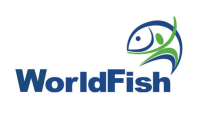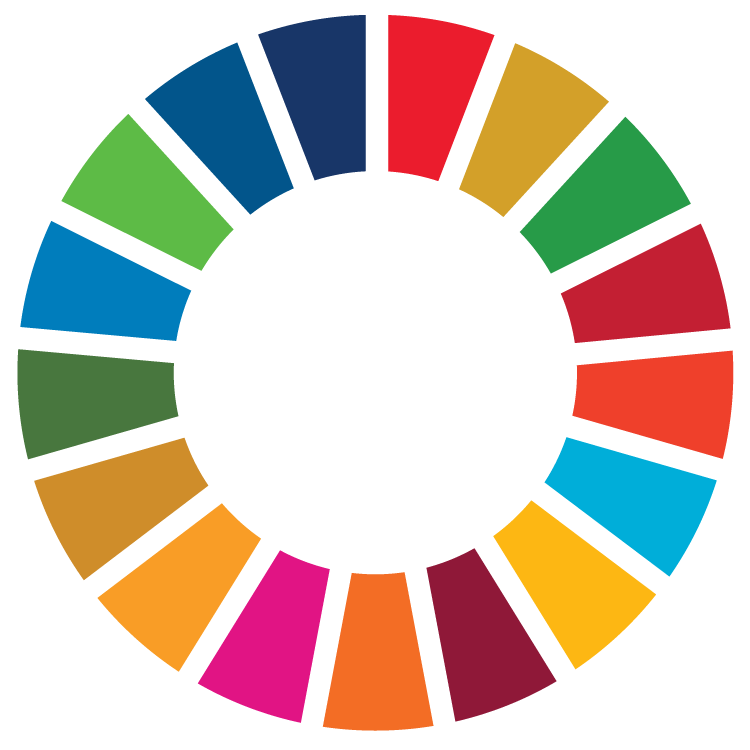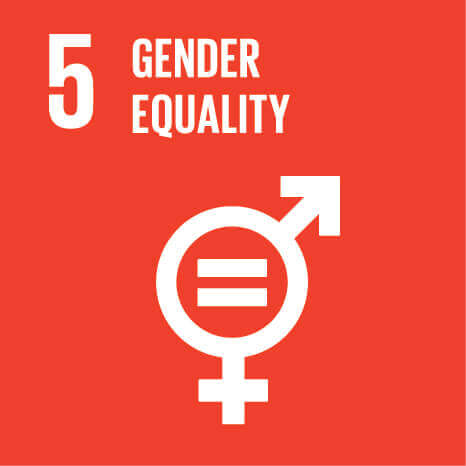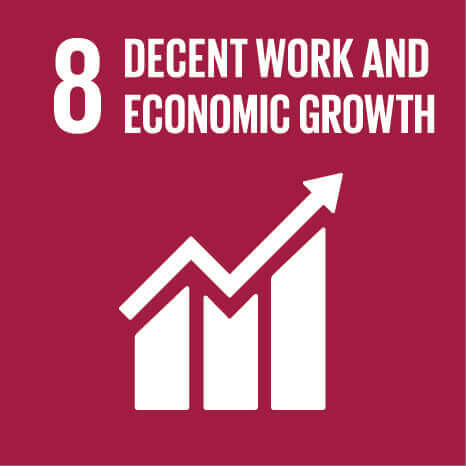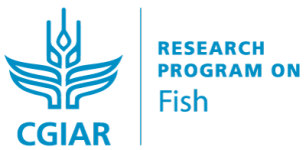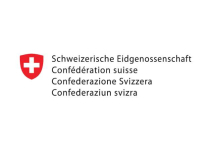Employment generation in the Egyptian aquaculture value chain
Published on: April 30, 2019, Submitted by Ahmed Mohamed Nasr-Allah on: April 23, 2019, Reporting year: 2018
Investing in aquaculture innovations has the potential to greatly increase profitability for fish farms in Egypt. Increasing profitability can be mainly achieved by cost savings through more efficient feed management rather than increased production. As an additional benefit, we have identified the contribution of aquaculture sector to job creation in Egypt. Potentially 19.1 Full Time Equivalent (FTE) jobs can be generated per 100t of produced fish along the entire aquaculture value chain in Egypt.
Photo of pond harvest of tilapia fingerlings to transefer to stock intensive tanks
Aquaculture is a primary sector of the economy that has high potential not only to provide nutritious food, but also to contribute to the national economy. The aquaculture value chain provides substantial employment generation opportunities, including jobs for women and the youth. The sustainable transformation of Egypt’s aquaculture market system (STREAMS) is a project funded by the Swiss Agency for Development and Cooperation (SDC) for three years to support the sustainable intensification of the Egyptian aquaculture sector. The project mid-term review and project steering committee requested an assessment about job creation in the aquaculture value chain to review the existing estimates about job creation along the chain reported: 14 Full-Time Equivalent (FTE) jobs per 100t of produced fish (Macfadyen et al., 2011). FISH research has thus assessed that employment generation along the main stages of the aquaculture value chain namely hatcheries, feed mills, fish farms and fish trade and retails, as a result of aquaculture intensification. Fish research has also discussed the potential of job generation across the sector to contribute to sustainable development goals (SDGs). The study was conducted in April and May 2018 and included surveys in hatcheries (N=40), feed mills (N=14), fish farms (N=234), and fish trading and retailing (N=182) in the five governorates responsible for 80% of the national aquaculture output. We have calculated that aquaculture generates 19.1 Full Time Equivalent (FTE) jobs per 100t of produced fish along the entire value chain. However most of these jobs are generated for men over 30 years of age, with few jobs for women or younger people. Most jobs for women are currently generated at the retailing stage. Boosting employment generation across the entire value chain, especially for women and the youth, can contribute to the attainment of multiple SDGs related to decent employment (SDG 8) and gender equality (SDG 5).
Aquaculture plays an important role to support job creation, including for women and youth, along the aquaculture egyptian value chain. We have identified the specific dynamics of contribution of aquaculture sector to job creation in Egypt. Potentially 19.1 Full Time Equivalent (FTE) jobs can be generated per 100t of produced fish along the entire aquaculture value chain in Egypt.
Stage of Maturity and Sphere of influence
-
Stage of Maturity: Stage 1
-
Contributions in sphere of influence:
Acknowledgement
This publication was undertaken in the framework of Sustainable Transformation of Egypt’s Aquaculture Market System (STREAMS) project, funded by the Swiss Agency for Development and Cooperation. The current research is a contribution to the CGIAR Research Program on Fish Agri-Food Systems (FISH). AK and ED acknowledge the support of a Monbukagakusho scholarship offered by the Japanese Ministry of Education, Culture, Sports, Science, and Technology (MEXT) through the Graduate Program in Sustainability Science - Global Leadership Initiative (GPSS-GLI), at the University of Tokyo. We acknowledge the support of Diaa Al-Kenawy, Moh. Tharwat, Ash. Shaban, Mos. El-Gendy, Esra Mohamed, Amira Ahmed, Moh Kurd, Moh Salah, and Moh.
Projects
-
Sustainable Transformation of Egypt’s Aquaculture Market System (STREAMS)
